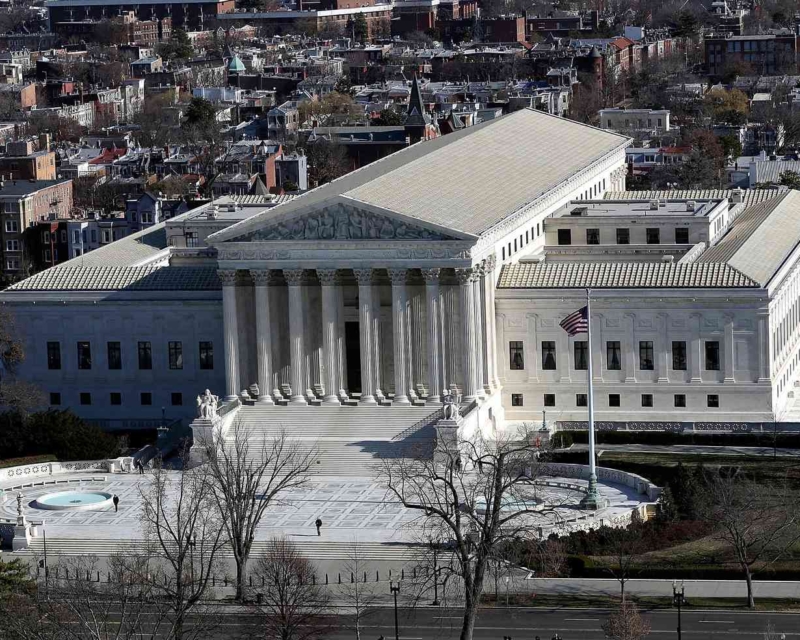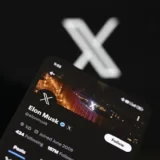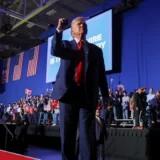Censorship Concerns Emerge as Supreme Court Tries to Silence Opposition
In recent months, a contentious debate has surfaced around the issue of internet censorship and the role of government in regulating online speech. Former CIA analyst and author Martin Gurri has voiced concerns about what he describes as a systematic attempt by the U.S. government to suppress dissenting voices on digital platforms. These concerns come amid growing scrutiny of the Biden administration’s approach to online speech and its implications for freedom of expression.
Members of the U.S. Supreme Court are now weighing in on this critical issue, which has significant implications for the future of free speech in the digital age. Gurri contends that the government has been actively trying to “silence opposition online” by pressuring major digital platforms to align with its viewpoints. This, he argues, is a direct threat to the fundamental principles of democracy and freedom of speech in the United States.
The relationship between the government and large technology companies has always been complex. On one hand, these platforms are expected to moderate content to prevent the spread of misinformation and harmful content. On the other hand, there is a fine line between moderation and censorship. Critics like Gurri argue that government influence over these platforms can easily slip into coercion, leading to the suppression of legitimate dissent and debate.
The accusations of censorship are not without precedent. There have been several instances where government officials have called on social media platforms to take down content deemed harmful or misleading. While the intent is often to protect public interest, the implementation of such measures can sometimes result in the suppression of diverse viewpoints. This has led to a growing fear that freedom of speech in the U.S. is being undermined.
As the Supreme Court begins to address these issues, the central question remains: To what extent can the government influence or control the content on digital platforms without infringing on the constitutional right to free speech? This legal battle is likely to set significant precedents for how digital speech is governed in the future.
The outcome of this debate will have far-reaching implications not only for the U.S. but also for how democracies around the world handle the delicate balance between regulation and censorship in the digital age. It highlights the need for clear, transparent policies that protect both the public from harmful content and the fundamental right to free speech.






